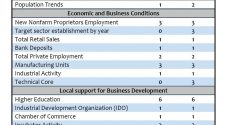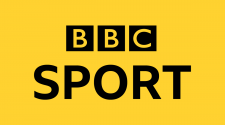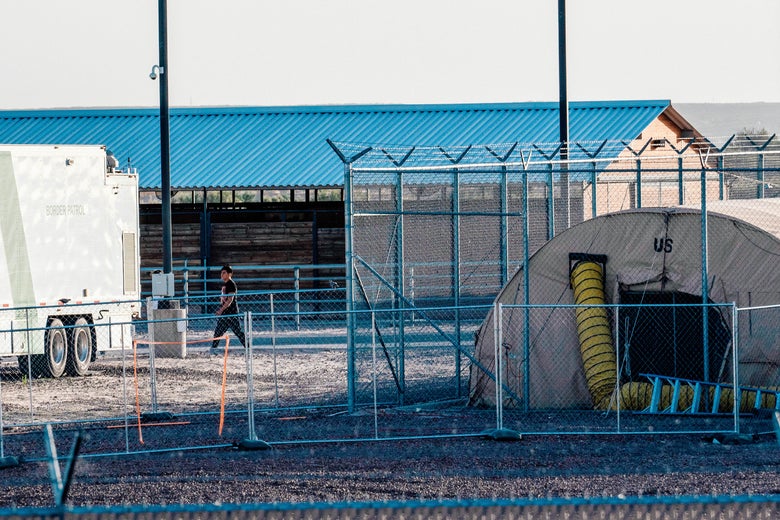They’re ordinary, everyday substances, easy to procure for most people reading this, we lucky ones who go around washing our bodies and brushing our teeth every day like it’s nothing. If you recall the times in your life when you didn’t have access to toothpaste or soap—again, provided you and your family have been fortunate not to live through homelessness, dire poverty, or war—they were likely transitional moments, periods of travel or personal emergency: a day stuck in an airport or bus station, a long vigil at a hospital. Toothpaste and soap are what you have on hand when you’re home, or if not home, someplace that’s safe. You take them along with you on trips, basic supplies for maintaining a minimum level of hygiene and health. Even the most low-budget hotels usually supply a biscuit-sized sliver of soap, and if you forget your toothpaste, you can often call down to the desk and get some sent up for free. Off-brand maybe, packaged with a little brush with too-stiff bristles, but it’ll do the job.
Toothpaste and soap are such banal necessities as to be symbols of monotony: Ugh, back to the pharmacy again to stock up. A few hours ago I bugged my daughter, for the 10,000th time in her 13 years on earth, to brush her teeth before bed. She hasn’t yet fully grasped that these are the only teeth she’ll get, now that the baby versions are gone, and that the dull task of daily upkeep is the only way to keep them anchored in her skull. We threaten sometimes to stick her with the dental bills if she gets a cavity, but we’re joking; she’s only a kid, after all. It’s her dad and I who are responsible for looking after her teeth, as part of our larger duty of caring for the cleanliness and health of her body. We not only accept this task, we pursue it with pleasure, because we love her body and value its comfort and well-being, its peaceable duration on the earth. When she’s away from us for a while—somewhere safe, spending the night at a friend’s or a week with her cousins, a phone call away—we think about her body, remember it and miss it, hope there’s someone there reminding her to wash her hands before meals so she won’t get sick.
You’ve guessed where this is going. There are thousands of migrant children being kept in camps on the border. Many of these children have no soap or toothpaste; their teeth are decaying, their clothes and bodies are covered in dirt, snot, tears, and worse, and they’re sick and getting sicker. They have no idea where their parents are or why they’ve been separated from them, even though in many cases their relatives are also a phone call away and desperate to have them back. The older kids are taking care of the younger ones as best they can, assigned to do so by guards who somehow issue this directive to children and then go home to their own families at night. The facility they’re being kept in is refrigerator-cold in the Texas summer heat; it’s being air-conditioned, at enormous taxpayer expense, to ensure the children remain as uncomfortable as possible. We haven’t decided whether we can call these facilities “concentration camps” yet, but a lot of people with ready access to toothpaste and soap are busy arguing about it.
We haven’t decided whether we can call these facilities “concentration camps” yet, but a lot of people with ready access to toothpaste and soap are busy arguing about it.
Border Patrol guards, cops, lawyers, politicians, television pundits—all of whom, we can safely assume, use both toothpaste and soap daily—are going to great lengths to make sure these children continue to get none, on principle. It is apparently also a principled stance to make sure they receive no diapers, blankets, medical care, education, soccer balls, or legal counsel. And, of course, the most important denied needs of all, containing all the others like a locked warehouse: They must have no freedom, and no love.
Arguments are mounted as to why the kids don’t need soap or toothpaste, though none of them hold up to even a moment’s scrutiny: Because if they were staying for less time in detention, they might not need to brush their teeth and wash? Even the lawyer making this argument appeared humiliatingly aware it made no sense. Because John McCain was tortured as a prisoner of war in Vietnam and later couldn’t lift his daughter above his head? Recalling childhood playtime with your dad to diminish the suffering of children torn from their parents requires a special kind of cruelty. Because the kids’ parents brought them along when fleeing violence and poverty in their home countries? Their parents broke the law, some people say. In most cases that is false—seeking asylum at the border is a legal act—but even if it were true, when an adult commits a crime, do we habitually kidnap and torture their children?
A temporary facility set up to hold immigrants is pictured at a U.S. Border Patrol station in Clint, Texas, on June 21.
Paul Ratje/AFP/Getty Images
It’s not clear what extenuating circumstance could ever make it the case that kids don’t require soap, toothpaste, love, or freedom, but the important point to those in power is that these children not be provided these things, and that this denial be vehemently defended in public. This will, in their view, prove some sort of larger point. It will deter future migrants from approaching the U.S. border (though it hasn’t), or maybe it will compel the citizens protesting this human rights atrocity and the activists who have gathered at the doors of the facilities with soap and other supplies to shut up and go away (though it won’t—there are more of them, us, every day).
The littlest kids there, the infants and toddlers, don’t know the words for soap or toothpaste yet. They don’t miss the items in themselves, only the feelings of adult contact and loving physical care with which they associate these substances. To be kept clean and warm and well-fed; to smell nice as you fall asleep; to have a toothbrush and a blanket and a soccer ball; above all, to have someone who cares that you have these things: This is in some primal way to belong in the world. No one disputes this. We only debate which children deserve to have that comfort and safety. The kids at the border, the lawyers and cops and politicians and even some regular people say, don’t qualify for the luxury of clean mouths and bodies or warm blankets or soft beds. They’ll be fine with aluminum foil and shit-smeared clothing and a cold cement floor.
We know why this is felt by so many Americans to be true, and it has nothing to do with international asylum law or recognized points of entry, and most certainly not with a lack of resources, especially now that Congress has passed a $4.5 billion package to increase funding to the border. The children in the camps are thought to deserve nothing because, to Donald Trump and Stephen Miller and the courageously anonymous Border Patrol agent who told a journalist “I personally don’t believe these allegations,” they are nothing. Their skin is the wrong color; their faces are the wrong shape; they speak the wrong language to be considered worthy of dignity, love, and soap. They’re the descendants, mostly, of indigenous Central and South American people whose humanity has been disregarded by white colonizers for centuries. They’re the wretched of the earth, to be kept in cages and held hostage to abstract political goals. They can live in a state of filth because, these people believe, they are filth already.
Tonight, while I washed my face with a cleanser so fancy the label brags about containing no soap, I cried into the wet washcloth. It’s the perfect time to cry, when you’re washing your face at night: You can wipe away the tears and snot, the same substances said to be staining the T-shirts of children at the border, and then toss the used washcloth in the laundry basket. There are plenty more face towels in the cupboard next to the sink. In the morning I’ll pull out a fresh one, wash my face and brush my teeth again, and walk out into the world, clean, safe, and free.


















